Masters of complexity & change: What travel & tourism needs from the academy
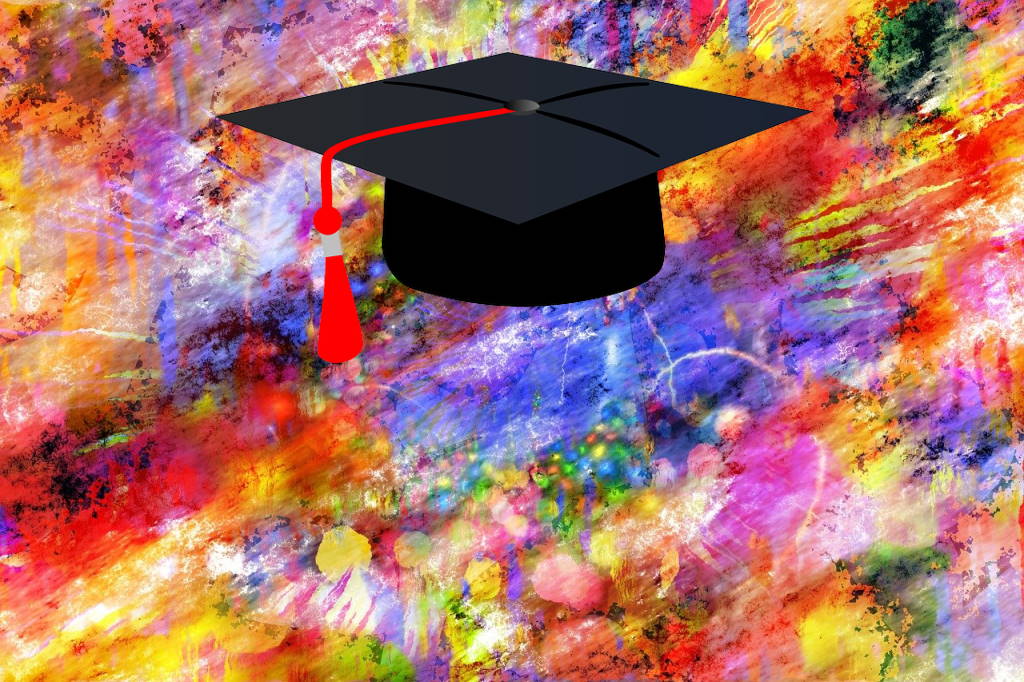
Many travel & tourism educational institutions could be unintentionally restricting students’ ability to see the ‘big picture’.
And some educators may be too tied to their pet perspectives and untested theories to be doing their students any favours.
Educator and entrepreneur Lauren Uğur reckons the academy can better reflect reality while equipping students to face it.
It’s a “Good Tourism” Insight. [You too can write a “GT” Insight.]
There are likely very few “GT” readers who would argue against the proposition that tourism is one of, if not the most dynamic and exciting industries in the world.
It is vast. It is varied. It is in constant flux. It is complex.
It is this complexity, however, that is simultaneously the beauty and the bane of an industry that stands on the cusp of a revolution; for better or for worse.
It is beautiful in its complexity in that it affords dynamism. It is packed full of opportunities at every turn. It’s engaging and exciting. One struggles to be bored by it.
Is there a better career pitch?
However, as with anything in life, there is a flip side to this.
Travel & tourism’s complexity, as much as it is exciting, is also overwhelming.
And, as human nature dictates, our tendency is to strive to maintain control.
This control is manifest in educational institutions where tourism’s complex challenges and opportunities are filtered down to their technicalities, siloed for “better” understanding, and partitioned into buzzword-laden specialties (read degree programmes).
Don’t miss other “GT” Insights tagged with
“Education and training”
This is a mindset that the global economy, environment, and social situation has long since outgrown.
This “GT” Insight is not to be understood as a generic critique of education practices across the vast array of programs servicing the travel & tourism industry.
Rather it is a personal reflection on how we think about and approach education practices for an industry that is unarguably diverse and dynamic.
The objective of this piece is straightforward. It seeks to invite constructive debate and critical reflections on what the responsibility of educators is and should be.
Writing this from the perspective of an ardent teacher and coach, my firm belief is that the futures we want for our industry can only be premised on a fitting education.
After all, it is education, in all of its forms, that is the source of all innovation.
What do students and the travel & tourism industry need?
Therefore, the questions we need to ask in these exceptionally trying times are:
- What knowledge, skills, and competencies do our future generations need in order to have a fighting chance at prosperity?
- What kind of education will afford them these?
As a start, let’s look at the World Economic Forum’s The Future of Jobs Report 2020.
The top five skill groups identified by employers as being of increasing importance are:
- Critical thinking and analysis
- Problem-solving
- Self-management
- Working with people
- Technology use and development
What we see is a clear dominance of skills that are cross-cutting in nature.
For example, the ability to analyse and critically reflect on information inherently assumes that one has the knowledge and skill to work with and implement the foundational management aspects required to act on the outcomes of reflective analysis.
Likewise, problem-solving inherently assumes a deep knowledge of the problem at hand, as well as the foundational skills required to implement identified solutions.
Also see Andrew Chan’s “GT” Insight
“Data analytics, financial acumen are keys to a great career in tourism”
What we observe first and foremost from the list above is that we need to pursue modes of education and didactic practices that empower thought and reflection beyond the borders of traditional management paradigms.
So what’s the point here?
Well, it’s simple. The role of education is two-fold:
- Firstly, and obviously, travel & tourism professionals must gain the fundamental knowledge required to implement the outcomes of analysis and problem solution options in their operational business.
- Secondly, and more importantly, they must be equipped with the competence to assess the complexity of the multiple levels (local, regional, international etc.) and spheres (social, economic, cultural, environmental) that exist within the tourism system. Without this, theoretical “solutions” will remain detached from complex reality.
Knowledge only constitutes power if and when it is put into action; action that is context-specific and clear in its objective.
In other words, knowledge alone is only potential power.
Restoring the power of knowledge
If we are to restore the vast power of knowledge, we must bridge the gap between the skill of acquiring knowledge and the skills related to organising and applying knowledge to definite ends.
Unfortunately, in this author’s humble opinion, the vast majority of tourism education offerings fail to achieve this.
As a passionate educator I ask these questions of myself and my colleagues alike:
- Where will our graduates go?
- What kind of managers will they be?
- What contribution will they make to the emerging futures of our industry?
My view is that education is about developing individual perspectives on tough issues; building knowledge spaces that embrace diversity and encourage open debate; and instilling comfort with different opinions and the certainty of uncertainty.
Fundamentally, I would argue that education is about range.
Also see Ivana Damnjanović’s “GT” Insight
“Travel, stories, education: The keys to happiness?”
Range refers to creating education environments that equip learners to see the proverbial “big picture”, and who are able to learn from other disciplines, actively value diverse perspectives, and consider that there are many ways to solve any problem.
In essence, for an industry such as ours, the academy and educators will fail if we pay more attention to promoting our favoured theoretical solutions without first ensuring a thorough understanding of the ever-changing problems at hand.
In line with this argument, I would plead for tourism (management) education programs to expand beyond their bounds of comfort to embrace a multidisciplinary and holistic approach to understanding the economic, environmental, social, and physical threats and opportunities that tourism brings to space and place.
To those already doing so, chapeau! [Well done!]
To ensure that travel & tourism thrives, we must instill in our future generations the capability to master complexity and change.
“To ensure that travel & tourism thrives, we must instill in our future generations the capability to master complexity and change.”
Capability in this instance refers not to specialised knowledge, but to the ability to think reflectively and to imagine solutions for outcomes that have no existing blueprint.
Perhaps the fundamental capability is imagination; not fantastic utopian daydreaming, of course, but rather an imagination that can combine empirical data and acquired knowledge with new ideas and diverse perspectives to innovate viable solutions and organised plans of action in an ever-changing environment.
If we don’t address the lack of imagination and creative problem solving in travel & tourism education, we run the risk of dismal failure.
I personally see it as my fundamental duty to the industry I love to ensure a well-defined balance between delivering the training my students need to gain foundational skills, while enabling them to become the professionals we need who can work proactively within an environment of complexity and change.
In times of almost innumerable new forms of accessible learning and knowledge acquisition, the academy must think beyond the outdated constructs of “formal” education and rigid rubrics.
As educators we need to walk the walk to be more dynamic and critically reflective in our approaches, teaching strategies, and expected outcomes.
Let’s be honest: Education that is disconnected from reality has little value.
Featured image (top of post): Masters of complexity & change: What travel & tourism needs from the academy. Background image by geralt (CC0) via Pixabay. Mortar board by Clker (CC0) via Pixabay.
About the author
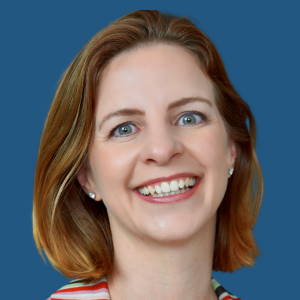
Lauren Uğur is Professor for International Tourism Management at the Heilbronn University of Applied Sciences in Germany and co-founder of Know Your Tourist, an innovation and design agency. A self-described “passionate educator, consultant, and coach” and “lover of all things travel and tourism”, Lauren specialises in innovation in tourism education, destination management, and business development.


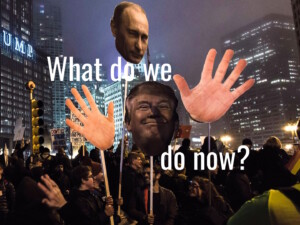
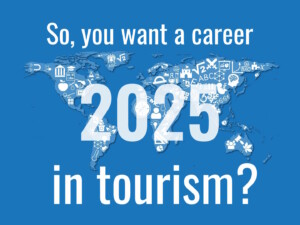
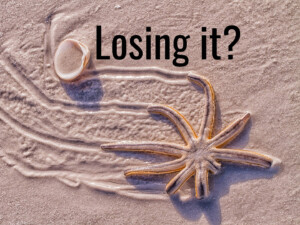
![Masters of complexity & change: What travel & tourism needs from the academy 7 Professor Valeria Minghetti: "[B]e curious. Never stop asking yourself questions. Curiosity and the desire to find solutions is what makes a difference ..."](https://www.goodtourismblog.com/wp-content/uploads/2024/05/Professor-Valeria-Minghetti-300x225.jpg)